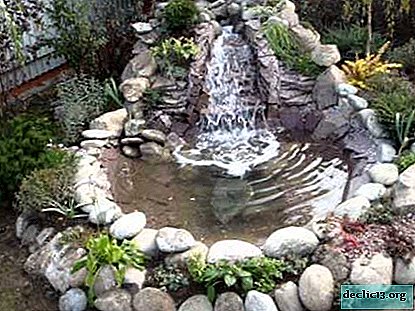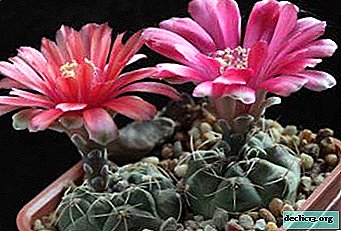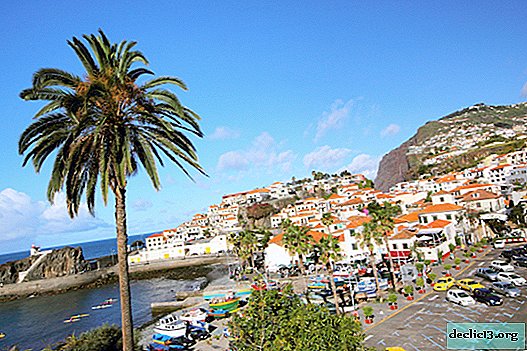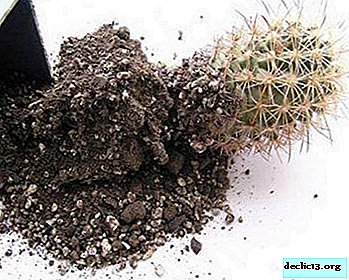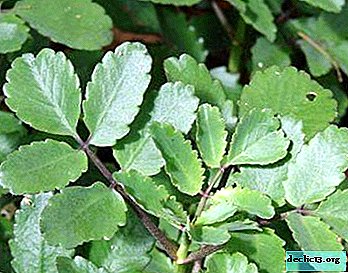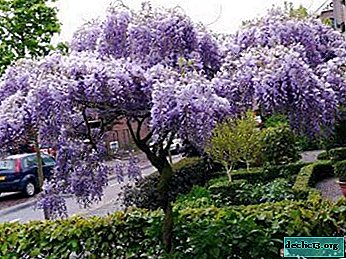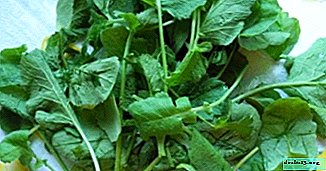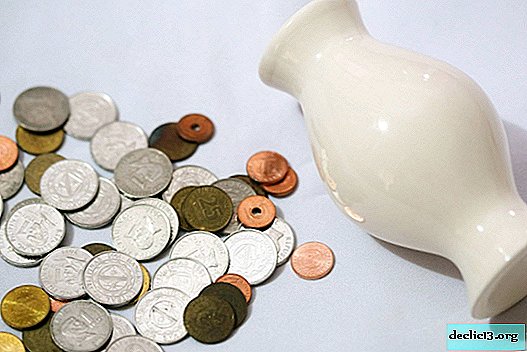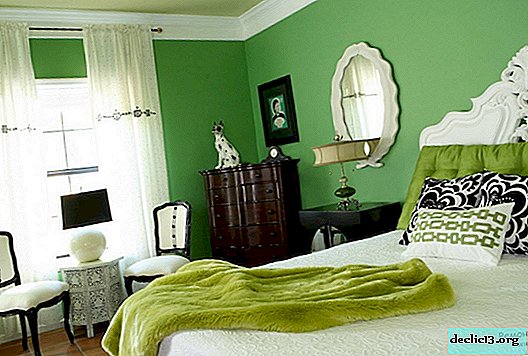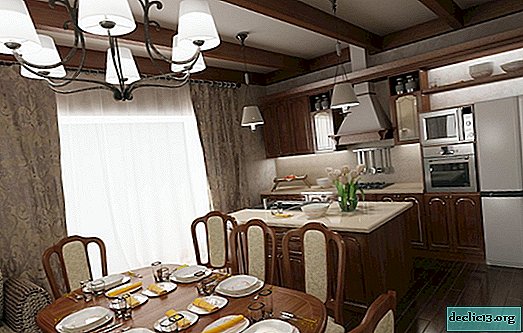Ein Gedi Nature Reserve in Israel - Oasis in the desert
Ein Gedi Nature Reserve is popular in Israel and is known beyond its borders due to thickets of tropical vegetation, picturesque waterfalls and gullible animals. But the main thing that attracts tourists here is a striking contrast, because this riot of greenery is located in the middle of a desert scorched by the sun. Here you can see a lot of interesting things, swim in one of the most unusual seas in the world, plunge into natural hot springs and get a lot of vivid impressions.
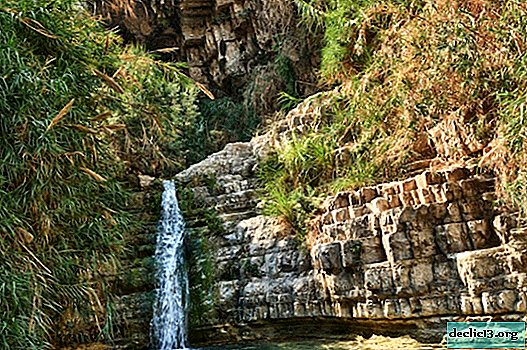
General information
Ein Gedi Nature Reserve is an oasis with lush exotic vegetation and numerous waterfalls, located in the desert near the Dead Sea in Israel. Its name in Hebrew means "Goat Spring". The unique natural conditions combined with the creative activities of people have turned this place into a paradise, which will give many positive emotions to everyone who visits it.

Ein Gedi is located in Israel, in the place where the Judean desert approaches the southern part of the western coast of the Dead Sea, in the area of the Tel Goren Upland and the Nahal David Gorge. In addition to walking in the national park, here you can relax on the beach, stroll through the kibbutz, visit the historical ruins of the ancient settlement, take wellness treatments in the spa complex, and buy unique cosmetics containing rare natural minerals.
History reference
A source of fresh water in the middle of the desert - these winning natural conditions of Ein Gedi could not go unnoticed, since ancient times people settled here. The remains of an ancient city found during archaeological excavations on Tel Goren Hill indicate that this settlement existed here from the 7th century BC. e.

By the ruins of the synagogue of the Roman-Byzantine era, the surviving parts of the city water supply and other archaeological finds, scientists were able to get an idea of the life and activities of the inhabitants of the ancient city. In those distant days, there were cultivated characteristic for these places of culture - dates, fig trees, grapes, traded fruits and wine.

Near the Dead Sea, salt was mined, followed by merchants from distant places. This mineral, valuable at that time, was in great demand, because in a hot climate it was impossible to store meat and fish without it, salt was also used in the processing of animal skins.
But in addition to these traditional activities and worries about daily bread, the craftsmen of the city of Ein Gedi had secret knowledge, which brought them even more impressive income. They knew the secret to getting the balm from the essential oils of the Afarsemon tree. This aromatic substance was highly valued in the ancient world. It was used for ritual incense, medical ointments were made from it. The wonderful aroma was unusually persistent, it did not disappear even after many months.
Residents of the city, initiated into the secrets of making balm, jealously guarded this secret from strangers, because having divulged this secret knowledge, they would have lost a significant part of their income. A warning about the need to keep secret was even laid out in mosaics on the floor of the synagogue. Well-preserved lines in Aramaic warned that those who reveal the secret of the city will face the wrath of the Most High.

Over its long history, a rich settlement was often subjected to invasions of warlike strangers, was repeatedly destroyed and rebuilt. In the VI century, the city was looted and destroyed by warlike Arab nomads, and has since ceased to exist. The secret of making precious balm has not been solved. You can see the traces of a bygone culture of the past by visiting the excavations of this ancient city.
Nature reserve today
When Israel became an independent state in 1948, a group of like-minded people gathered in Ein Gedi, who decided to establish a kibbutz (agricultural commune) in this natural oasis. The new settlement borrowed the name from the nearby Nahal David Gorge (David Creek).

For more than half a century of the commune’s activity, the Ein Gedi oasis has become a unique reserve that attracts many tourists from all over the world. It is of considerable importance for the Israeli economy - the kibbutz Nahal-David is a supplier of dates, natural mineral water from local sources, cosmetics using Dead Sea minerals, floriculture and poultry products.

Thanks to the initiative of the kibbutz members, about 1000 species of subtropical and tropical plants were collected around the world and planted on the territory of Ein Gedi, including rare species. In 1973, the territory of Ein Gedi received the status of a national park, was declared a conservation area and taken under state protection. Ein Gedi National Park is Israel’s second largest and largest oasis.

A paradise flowering island in the middle of the desert, like a magnet, attracts tourists. In the park, you can make exciting hiking trips along marked routes of various difficulty levels, get acquainted with the magnificent exotic flora, picturesque large and small waterfalls. On difficult routes, tourists have to climb the mountain, but they have the opportunity to enjoy sea views from a bird's eye view.

Animal lovers will be pleased to chat with friendly representatives of the local fauna - Cape Damans. These cute fluffy animals are absolutely not shy and eagerly make contact with visitors, causing children a storm of joy. Mountain goats are found in the park, as well as predators that are kept in aviaries - wolves, hyenas, leopards, foxes.
The largest waterfall in Ein Gedi is named after David, king of Israel, who hid in these places from his enemies at a young age. The stream cascading from a height of 36 m is the third among the largest waterfalls in Israel.

Walking around amidst lush vegetation, murmuring streams and waterfalls, travelers can plunge into the waters of the Dead Sea, located near the Ein Gedi, visiting a free beach. Swimming here has its own amazing features - water saturated with salts pushes the bather to the surface, it is impossible to even immerse your feet in the water, but you can only lie, swaying on the waves.

Sea water here is very caustic, so it is not recommended to allow it to get into your eyes and take sea baths for longer than a quarter of an hour. After bathing, it is necessary to wash yourself with fresh water under the shower available on the beach.

Everyone can take procedures at the spa's wellness center. They consist in covering the body with natural healing mud, followed by bathing in a hot spring in water. You can take a hydrogen sulfide bath, the specific smell of which is offset by its pronounced therapeutic effect. In the spa complex you can buy skin and hair care products with valuable sea salts, which are highly valued in Israel and around the world.
Practical information
Ein Gedi Nature Reserve is open daily.

Working hours:
- Sunday-Thursday - 8-16;
- Friday - 8-15;
- Saturday - 9-16.
Ticket price:
- For adults - 28 shekels,
- for children - 14 shekels,
More information about the prices for visits can be found on the official website of the Ein Gedi National Park: www.parks.org.il/en/reserve-park/en-gedi-nature-reserve/.
Hotels closest to Ein Gedi National Park:
 Ein Gedi Kibbutz Hotel
Ein Gedi Kibbutz Hotel- Ein Gedi Kibbutz Hotel is located close to the Ein Gedi Nature Reserve. Free access to an outdoor pool, parking, Wi-Fi. Breakfast is included, there is a restaurant, a spa. The cost of a double room per season is from $ 275 / day.
- Ein Gedi Camp Lodge, the hostel is located directly in the kibbutz Ein Gedi, 0.3 km from the main entrance to the national park. Pets are welcome, free parking, a sun terrace and Wi-Fi are available. The cost of a single bed in a dormitory is from $ 33 / day.
- HI - Ein Gedi Hostel - Hostel with family rooms, located next to the entrance to the Ein Gedi Nature Reserve. Private rooms with breakfast included, free Wi-Fi and parking. The cost of living in the season - from $ 120 / day for a double room.
Useful Tips

- If you are planning to visit the beach near the Ein Gedi Nature Reserve, do not forget to bring a towel and slates with you. There are many corals on the shore with which you can hurt your bare feet, and buying beach shoes and a towel on the spot will not work cheaply.
- It is best to come to the national park to the opening, until it is too hot and there is not a large influx of vacationers. Moreover, the park closes early enough, and there may not be enough time to examine all its beauties.
- When entering the park, make sure that you have drinking water. If you forgot to take it with you, then buy drinks in a small shop at the entrance to the park - in the Ein Gedi nature reserve there will be nowhere to buy them.
- When choosing a route for a walk in the park, consider your possibilities. Some of the routes require serious physical training, climbing skills and special sports shoes.
- Regular buses go to the Ein Gedi Nature Reserve. Be careful and get out of the bus only after making sure that you have arrived at the point you need. The distances between the stops here are considerable, if you make a mistake, you have to go a long way to the goal of the trip under the hot desert.
- You can take pictures in the national park as much as you like, but feeding animals is prohibited.

Interesting Facts

- National Geographic Magazine has included the Ein Gedi National Park in the ranking of 10 places to visit on our planet.
- Due to the high density of water in the Dead Sea, it is impossible to dive into it, but you can drown. By the number of accidents on the water - this is the second sea in Israel. The causes of accidents are associated with the difficulties of movement in saturated saline, as well as the danger of poisoning when ingesting a large amount of sea water.
- Sunbathing on the beach near the Ein Gedi nature reserve, it is impossible to sunbathe, since the evaporation of salts creates an ultraviolet filter in the air.
- The Cape Damans externally resemble rodents, but they do not belong to this order of mammals. By phylogenetic characteristics, they are closer to proboscis, in particular, to elephants.
When going to Israel, be sure to include the Ein Gedi Nature Reserve in your tourist program. Being close and not visiting this unique park would be a mistake.


